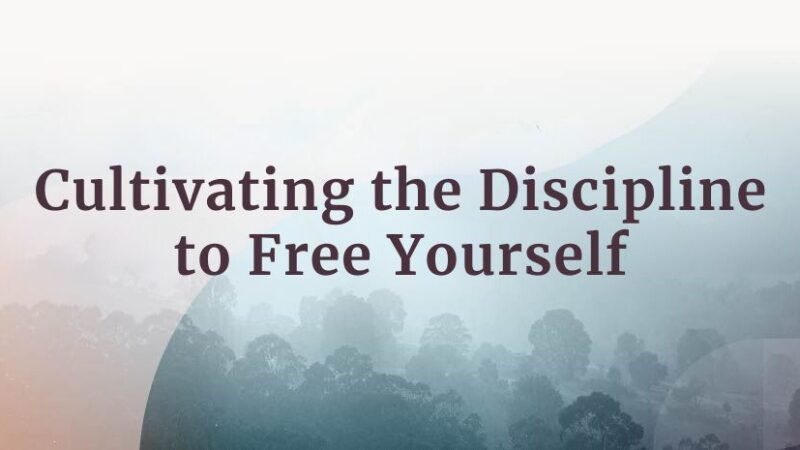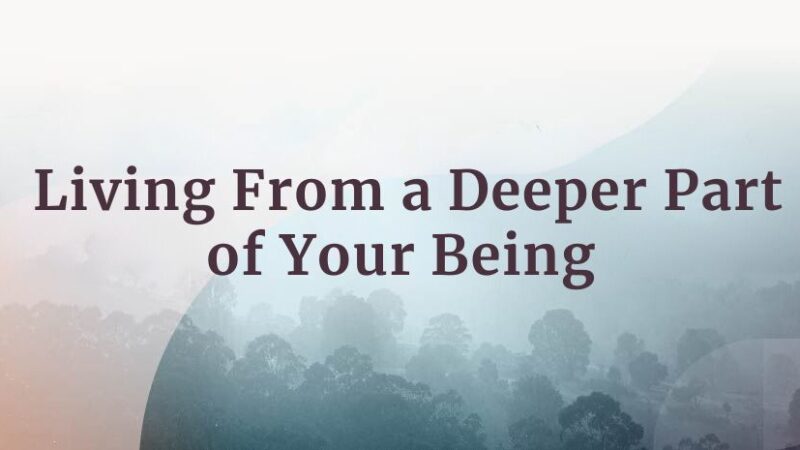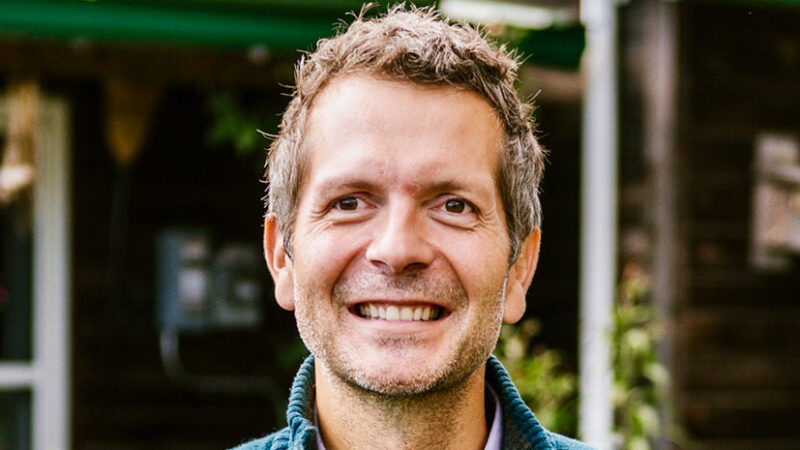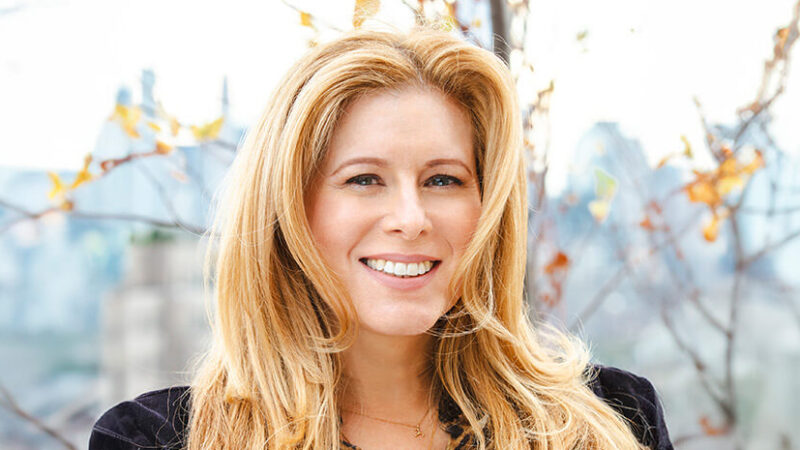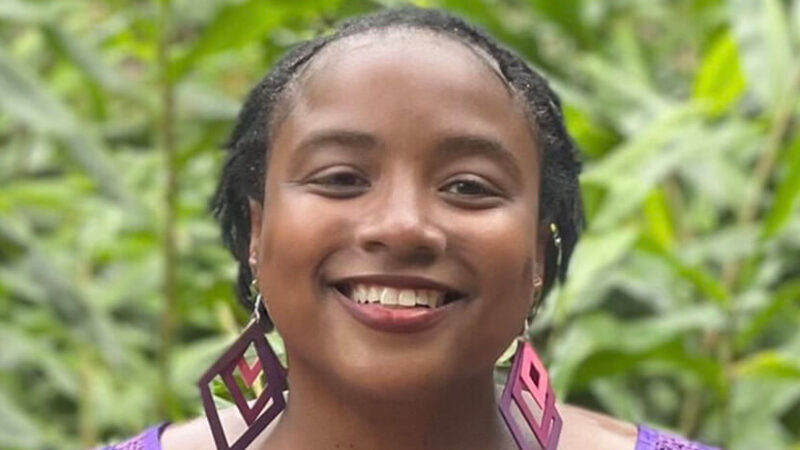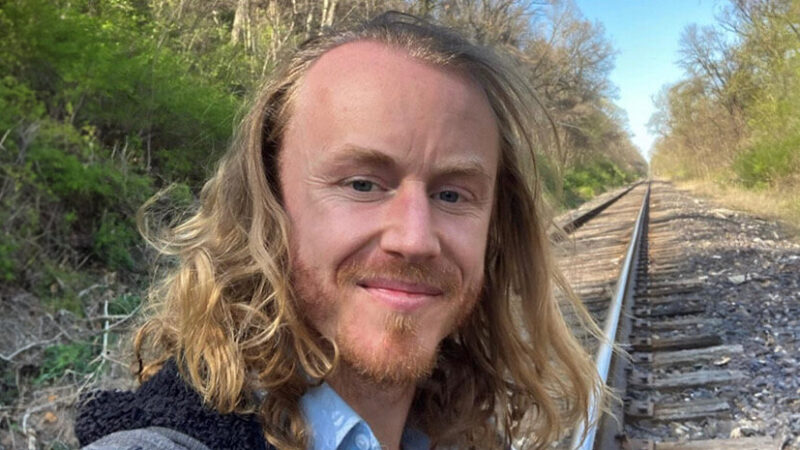We need an updated and broader narrative with respect to the field of psychedelics. While legitimate clinical research and societal openness to these remedies may be on the rise, so too is the confusion and misinformation. Therapist and researcher Sean Lawlor has emerged as a leading voice in articulating a new understanding of this long-maligned field of therapy and healing.
Here, Tami Simon speaks with Sean about his new book, Psychedelic Revival: Toward a New Paradigm of Healing, in a nuanced conversation on: the various categories of plant medicines and psychedelics; the risk of destabilization or “psychotic break” through overdosing; ketamine; working with the body to process challenging emotions, memories, and experiences; the differences between MDMA, ketamine, DMT, psilocybin, ayahuasca, and other substances; meeting trauma from a place of love; personal responsibility in the use of psychedelic-supported therapy; turning toward and meeting as fully as possible whatever we experience; overcoming shame; factors and approaches that support lasting transformation via psychedelic-assisted therapy; psychedelics and the brain’s neuroplasticity; discernment and reasonable expectations; intuition and the healer within; microdosing; and more.
Note: This episode originally aired on Sounds True One, where these special episodes of Insights at the Edge are available to watch live on video and with exclusive access to Q&As with our guests. Learn more at join.soundstrue.com.
